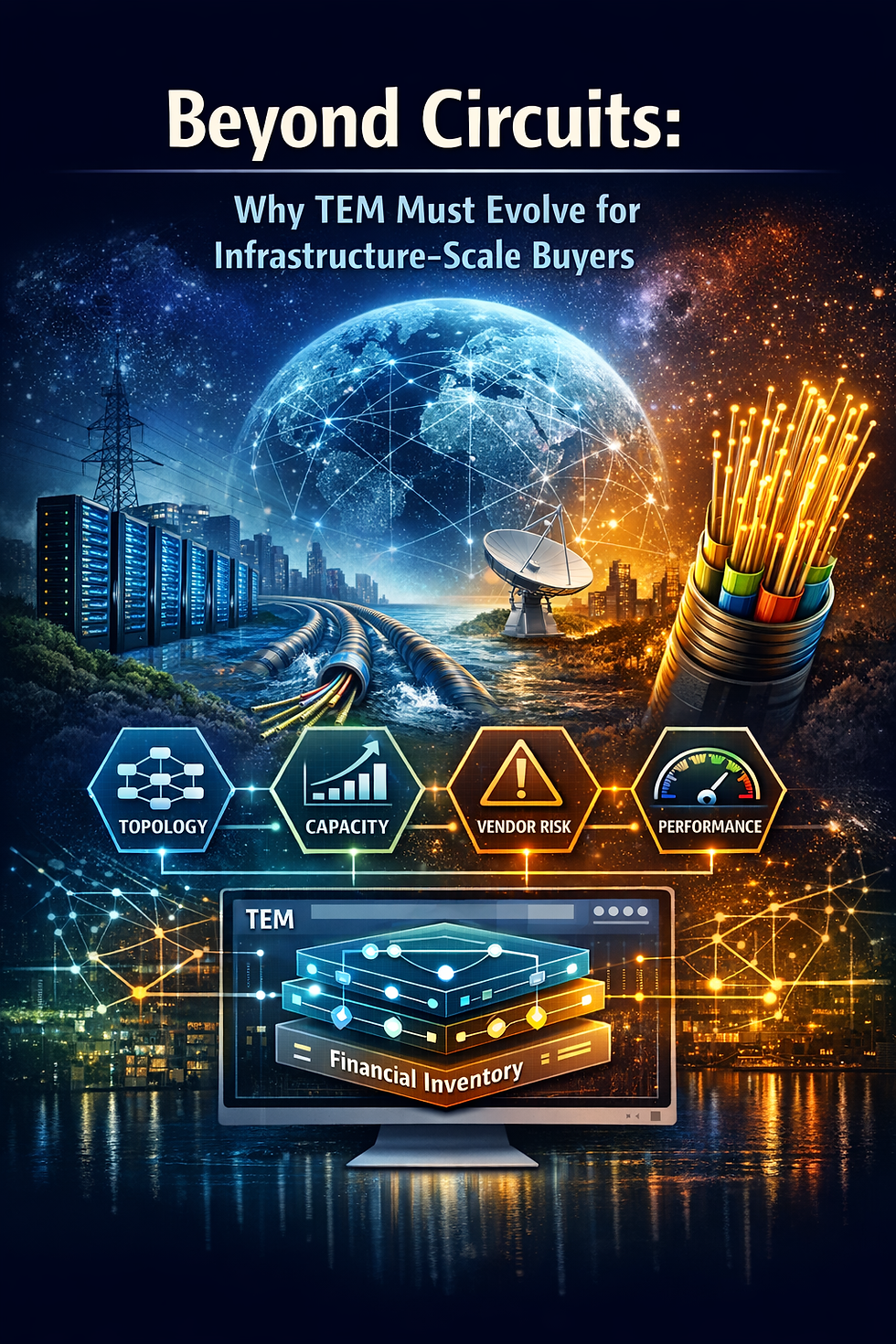The Future of Data Science: Navigating the Next Decade
- Akira Oyama
- Jun 4, 2023
- 3 min read
Updated: 3 days ago

Data science has been instrumental in reshaping industries, revolutionizing business strategies, and challenging our perception of decision-making processes. This powerful discipline, at the intersection of mathematics, statistics, and computer science, has proven its value repeatedly, and its influence only continues to grow. As we look to the future, it's crucial for data leaders to anticipate what lies ahead for data science, ensuring they're prepared to leverage its potential to its fullest.
The Evolution of Data Science
To anticipate the future, we first need to understand the past and present of data science. Traditional data analytics focused on descriptive and diagnostic analysis, answering questions like "What happened?" and "Why did it happen?" However, with the advent of data science, we've moved towards predictive and prescriptive analysis, where the questions are "What will happen?" and "What should we do about it?"
This shift has already had profound effects on businesses across sectors, from healthcare to finance to retail. Companies that have embraced data science have gained competitive advantages, making more informed decisions, improving operational efficiency, and delivering superior customer experiences.
Future Trends in Data Science
While it's impossible to predict the future with complete accuracy, several trends are likely to shape the next decade of data science.
Automation and AutoML
As machine learning becomes more entrenched in data science, the demand for automation will increase AutoML (Automated Machine Learning) tools, which automate the process of applying machine learning to real-world problems, will become more sophisticated, democratizing access to machine learning and reducing the barrier to entry.
Integration of AI and Data Science
The integration of artificial intelligence (AI) and data science will deepen. AI can automate routine data processing tasks, freeing data scientists to focus on more strategic issues. Moreover, as AI models become more explainable, their insights will become more actionable, enhancing the value of data science.
Ethical and Responsible AI
As AI and data science become more prevalent, ethical considerations will take center stage. Companies will need to ensure fairness, transparency, and privacy in their data science initiatives. This will require new strategies for data governance and data ethics.
Quantum Computing
Quantum computing, though still in its early stages, holds the potential to revolutionize data science by performing complex computations at unprecedented speeds. While mainstream adoption might still be years away, it's a space to watch closely.
Preparing for the Future
So, how can data leaders prepare for these future trends? Here are a few strategies:
Invest in Skills Development
As the tools and techniques of data science evolve, continuous learning will become even more essential. Investing in skills development, whether through formal education, online courses, or self-study will be crucial.
Embrace the Power of Collaboration
The future of data science will demand collaboration - not just among data scientists, but between data scientist and decision-makers. Building a culture that values and facilitates collaboration will be key.
Advocate for Ethical AI
Data leaders will need to be advocates for ethical AI and data science within their organizations. This means pushing for transparency, fairness, and privacy in all data science initiatives.
Stay Informed
Finally, staying informed about the latest trends and developments will be crucial. Following leading data science publications, attending industry conferences, and participating in professional networks can help data leaders stay on the cutting edge.
The future of data science is undeniably exciting. While it will bring new challenges, it will also bring new opportunities. By anticipating these trends and preparing accordingly, data leaders can ensure that they - and their organizations - are ready to seize these opportunities. The next decade of data science promises to be a journey of discovery, innovation, and growth. As data leaders, let's embrace it with anticipation and a readiness to evolve, shaping not just our organizations, but the very fabric of the business landscape.
Remember, the only constant in technology is change. We must be adaptable and willing to embrace new methodologies as they come. This will not only increase our effectiveness as data leaders but also ensure the organizations we serve remain competitive and relevant in the data-driven world.
The future is not something that happens to us; it's something we create. As we look forward to the next decade of data science, let's commit to being active participants in shaping that future, leveraging the power of data science to create a brighter and more informed future for all.





Comments